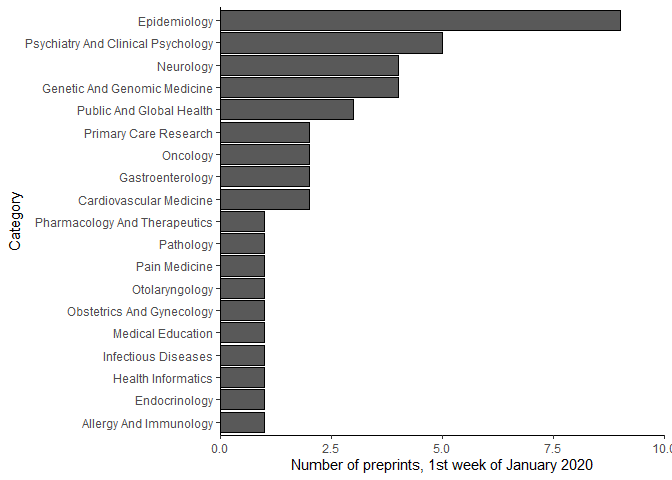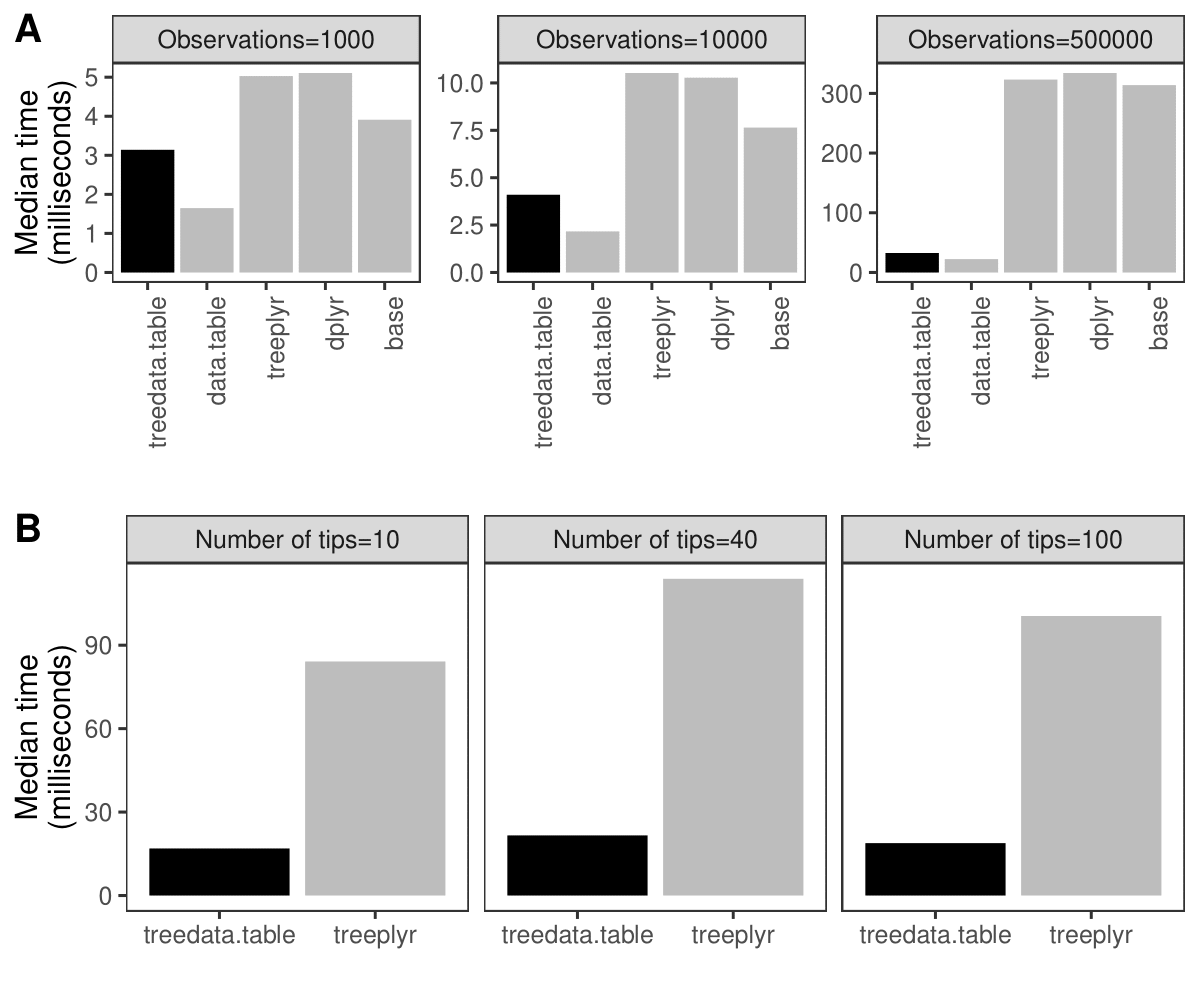
Introduction Few months ago, I embarked on a full stack spatial data project at work. The project kicked off amazingly, until I was almost backed to the wall when I discovered that some of the data sources were served via a GraphQL API. Before now, I haven’t worked with GraphQL. But, I have heard a lot about it and how amazing it is for querying data.





